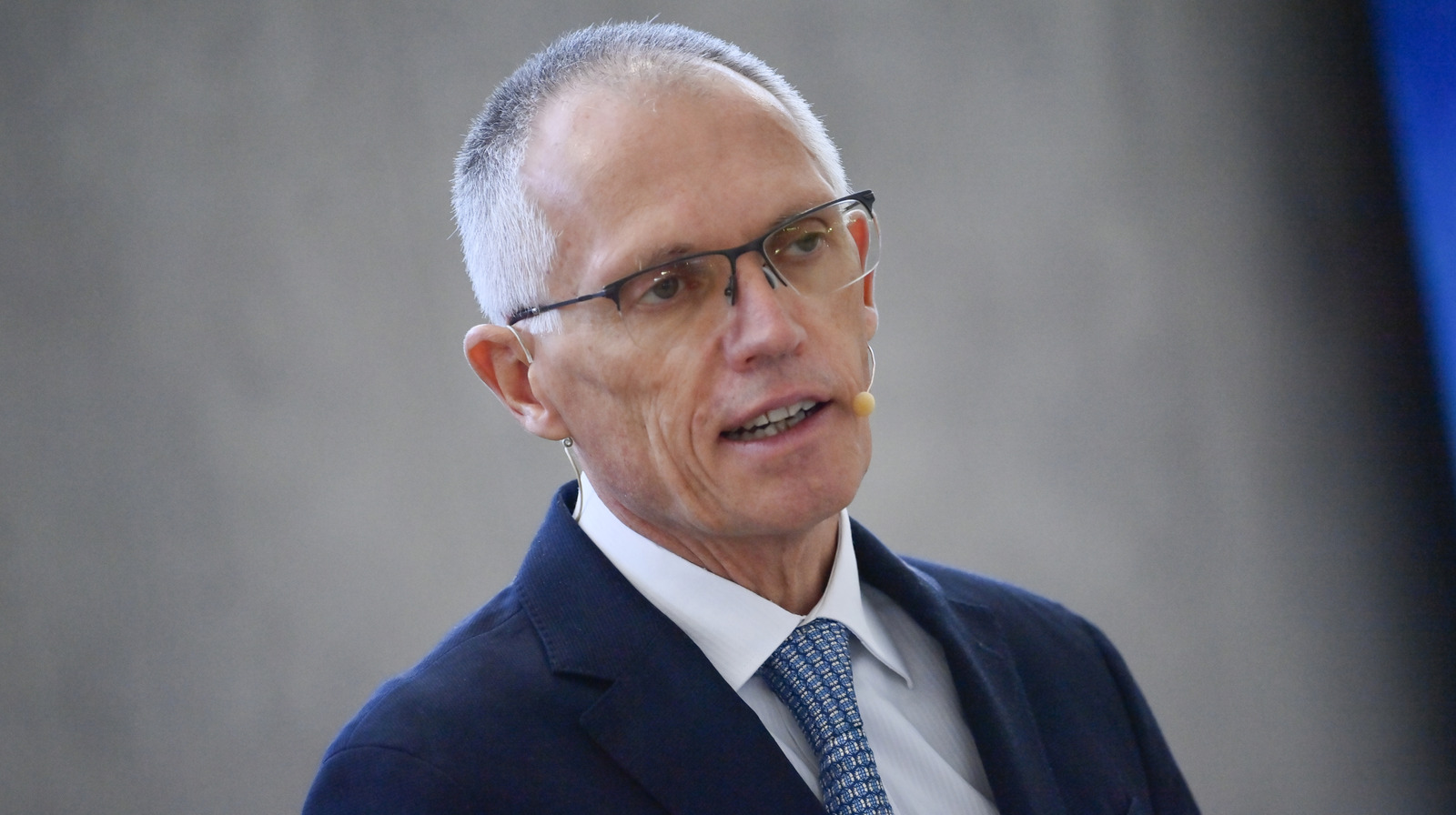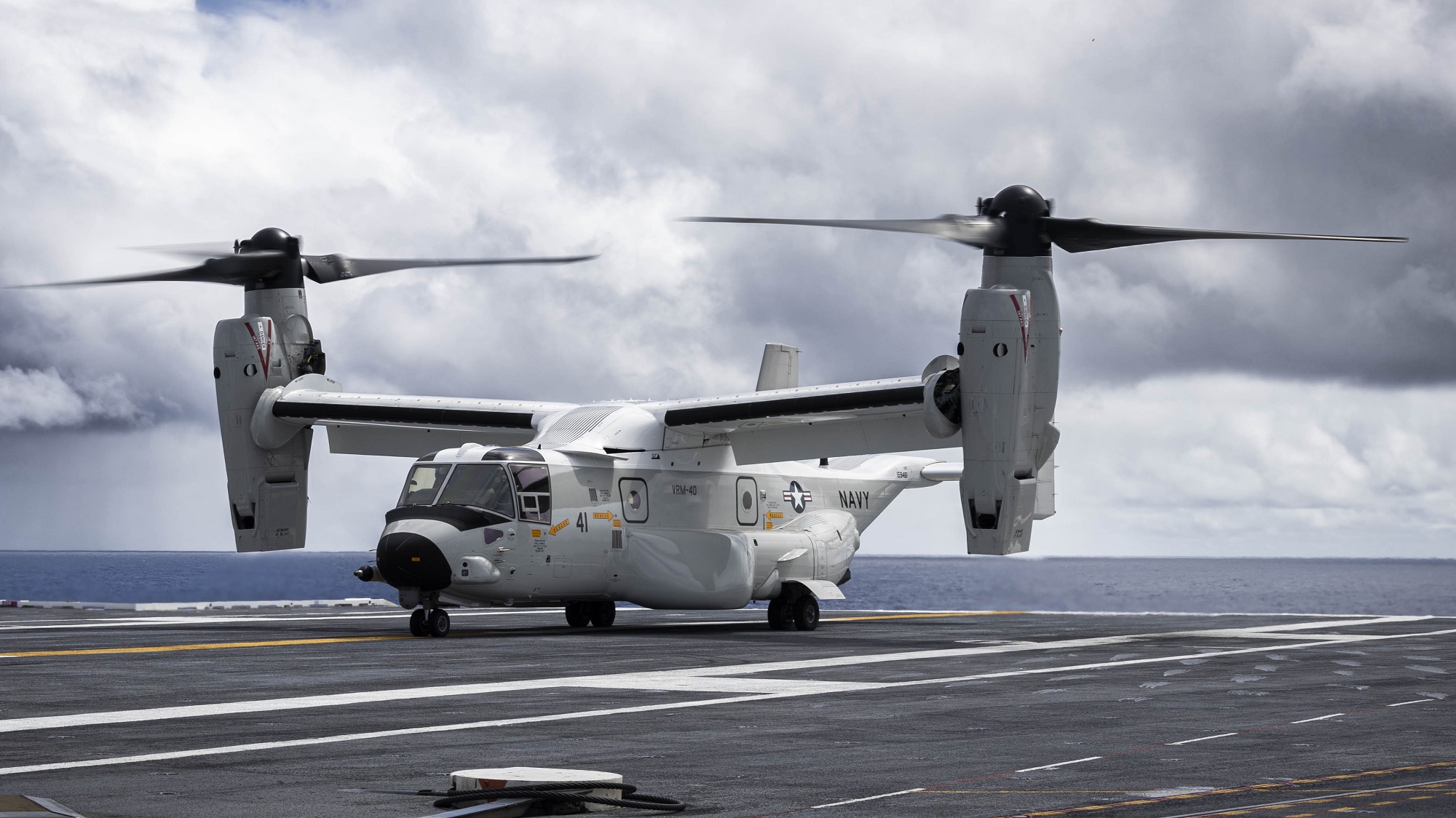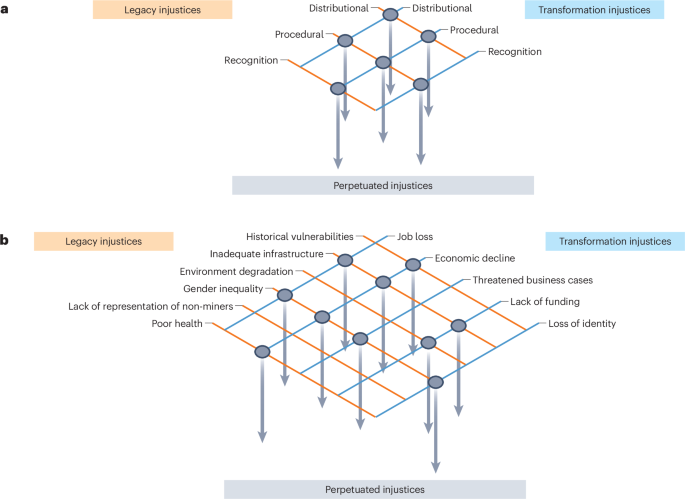Southwest Airlines Expands International Partnership With Icelandair
This is the first of many international partnerships for Southwest Airlines.

As global air travel continues to recover and evolve, Southwest Airlines is charting a new course in international connectivity through its growing partnership with Icelandair. This strategic move opens fresh opportunities for transatlantic travel and positions both airlines to benefit from complementary route networks.
New European Connections for US Travelers
According to a new report by Business Travel News Europe, starting July 14, Icelandair will connect travelers from Europe directly to three new U.S. destinations — Orlando, Pittsburgh, and Raleigh-Durham — via its partnership with Southwest Airlines. These new routes build upon the existing connecting hubs already offered through Baltimore, Nashville, and Denver, forming a robust transatlantic bridge between Europe and key U.S. cities.
While Southwest Airlines has long been known for its domestic dominance and affordable pricing model, international expansion has remained limited. This partnership with Icelandair now enables the low-cost U.S. carrier to indirectly offer international access without altering its existing operational structure.
How the Partnership Works
Rather than launching its own international service, Southwest Airlines leverages Icelandair’s transatlantic routes to facilitate a codeshare-style system. Customers can book trips that combine both airlines in a seamless journey — beginning with an Icelandair transatlantic flight to a U.S. gateway, followed by a connecting Southwest Airlines domestic leg to the final destination.
All connections are designed with convenience in mind, prioritizing short layovers and minimal hassle for passengers traveling between Europe and the United States. For Icelandair, this means access to more secondary and tertiary U.S. cities, enhancing its value proposition to European travelers.
A Broader Strategy of Global Collaboration
The strengthened agreement with Southwest Airlines is part of a broader international expansion effort by Icelandair. The airline also announced a new twice-weekly route from Reykjavik to Istanbul, beginning Sept. 5. This development is part of an extended codeshare with Turkish Airlines that includes select onward connections to Asia, Africa, and the Middle East.
Icelandair President and CEO Bogi Nils Bogason emphasized the long-term strategy behind these moves, stating, “In recent years, we have placed great emphasis on expanding our partnerships with strong airlines around the world with the aim of offering our customers new and exciting travel options and contributing to the company’s further growth.”
Bogason added, “The cooperation with Turkish and Southwest has been great, and we are very pleased to strengthen the ties even further.”
Navigating Headwinds in US Aviation
The expansion of international connectivity comes at a time of economic uncertainty in the United States, prompting Southwest Airlines to reassess portions of its domestic network. The airline has confirmed it will cut some flights in the latter half of the year due to reduced travel demand and broader macroeconomic concerns.
Southwest Airlines is not alone in this move. Other major U.S. carriers — including American Airlines, Delta, United, Frontier, and Alaska Airlines — have similarly pulled or adjusted their 2025 economic forecasts. The move reflects growing anxiety among airlines about shifting consumer behavior, particularly as inflation, geopolitical tensions, and changes in trade policy continue to impact travel trends.
Travel Trends and Political Climate
Analysts suggest that part of the decline in demand may be rooted in international sentiment. J.P. Morgan Chief U.S. Economist Michael Feroli noted that anti-American sentiment and recent tariff proposals may be prompting some foreign travelers to reconsider trips to the U.S.
“In recent weeks there have been numerous news stories about tourists canceling trips to the U.S. in protest of the perceived heavy-handedness of recent trade policies,” Feroli said. “This points to potentially another channel to consider in assessing the effects of tariffs on economic activity.”
Indeed, international visits to the United States have dropped by approximately 5% year-over-year, creating ripple effects across the travel sector. While the domestic market remains strong in many regions, international partnerships like the one between Southwest Airlines and Icelandair are now more crucial than ever to stimulate transatlantic interest.
Why This Matters for the Future of Southwest Airlines
As Southwest Airlines works to stabilize operations amid domestic route cuts and uncertain forecasts, its collaboration with Icelandair represents a smart, asset-light way to offer expanded service. It allows the carrier to participate in the international travel market without needing to acquire long-haul aircraft or overextend its operational model.
This growing relationship with Icelandair — combined with new services to Orlando, Pittsburgh, and Raleigh-Durham — signals that Southwest Airlines is still betting on long-term growth. Even in a volatile market, strategic partnerships can serve as effective hedges, positioning the airline to capture future demand when global conditions stabilize.























































































































































